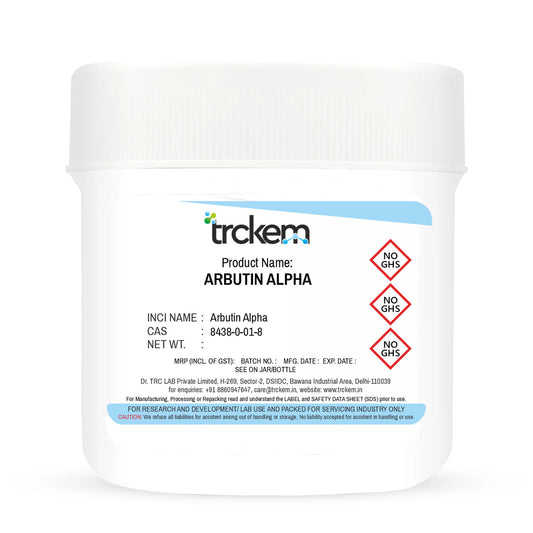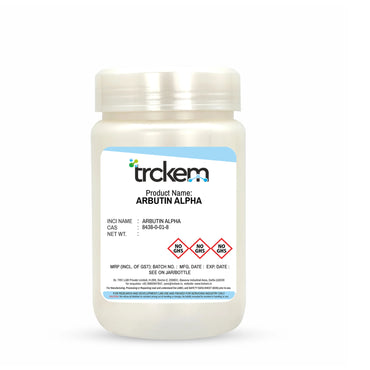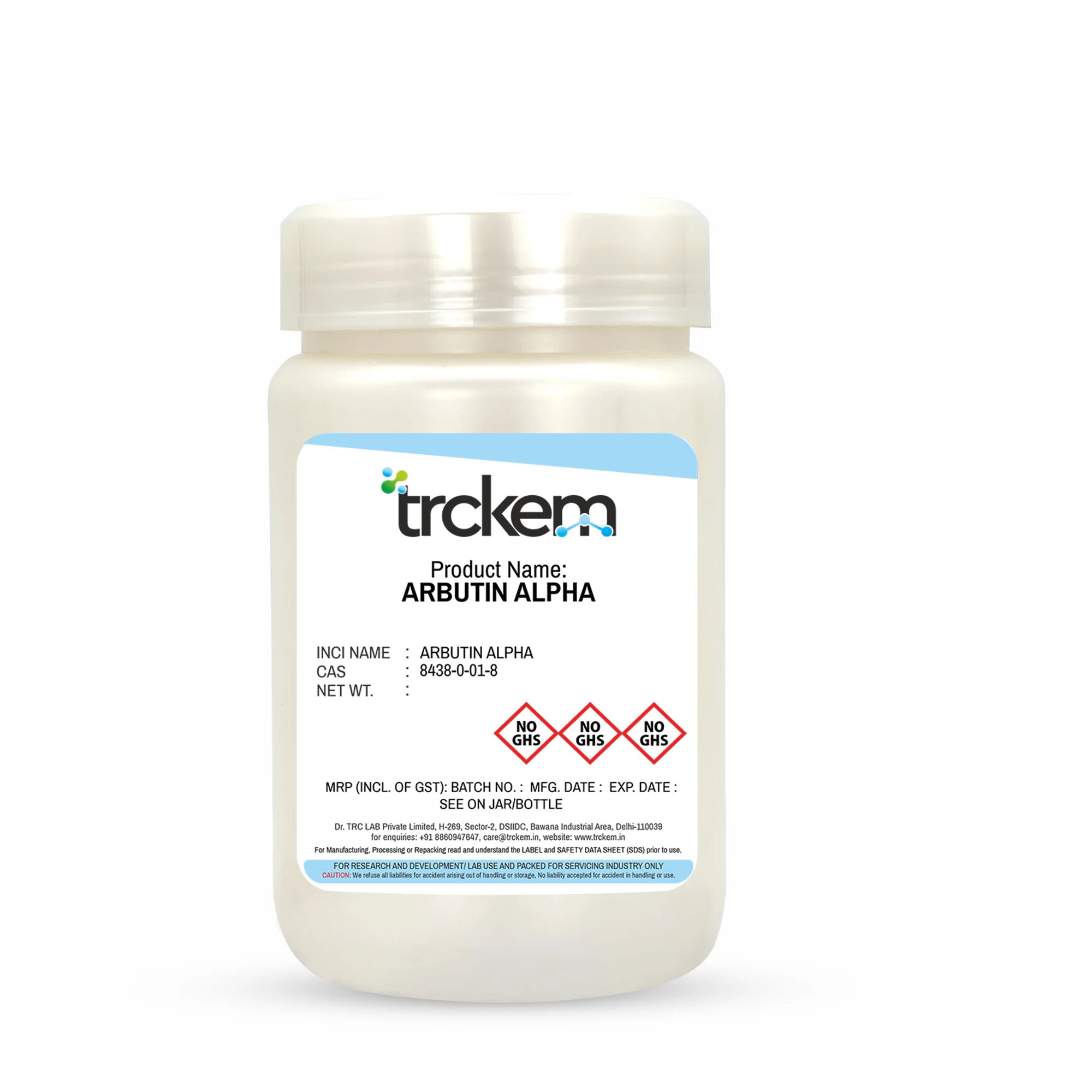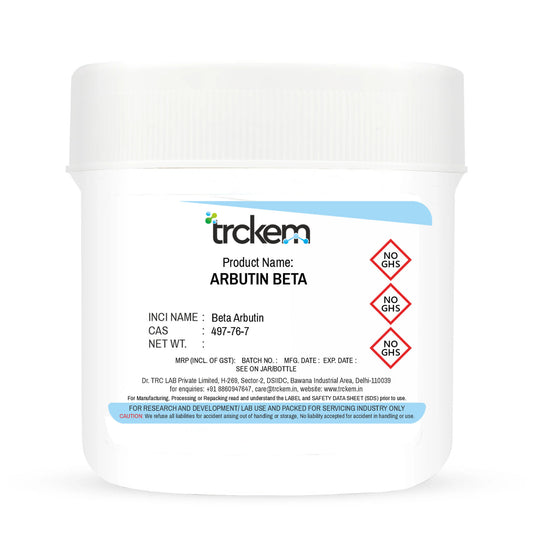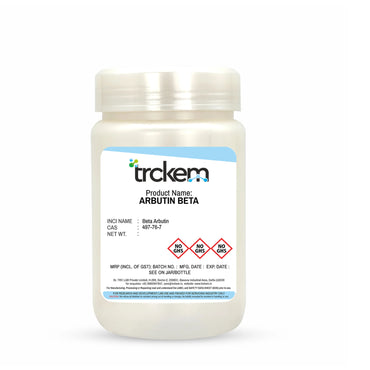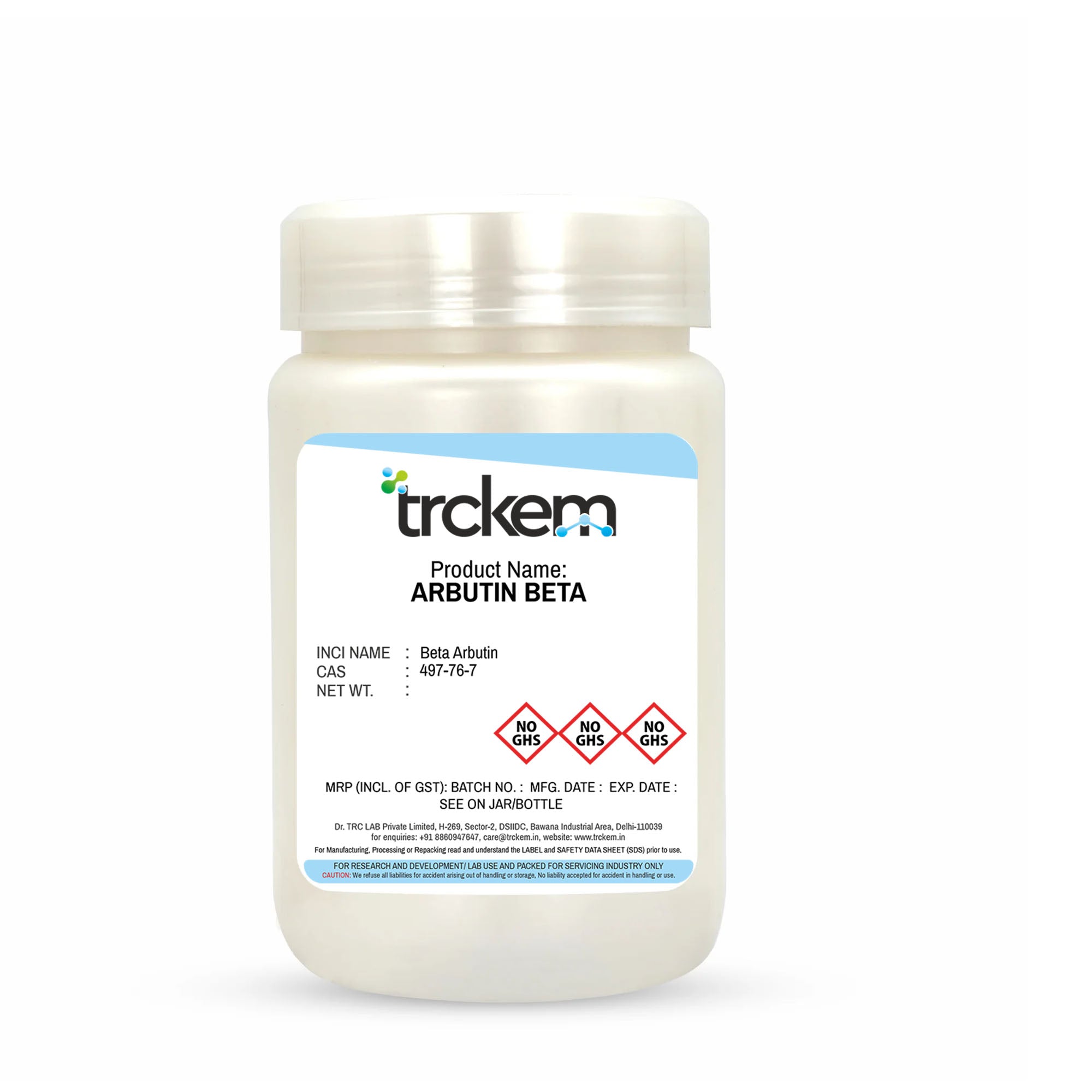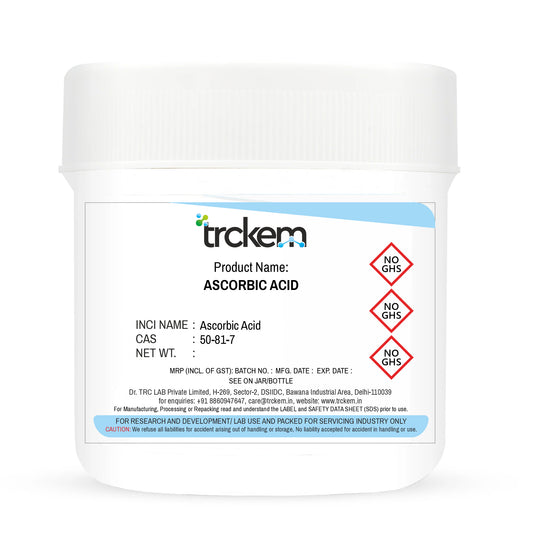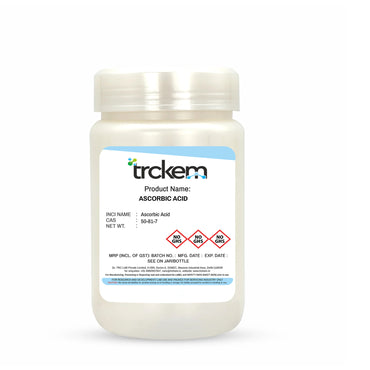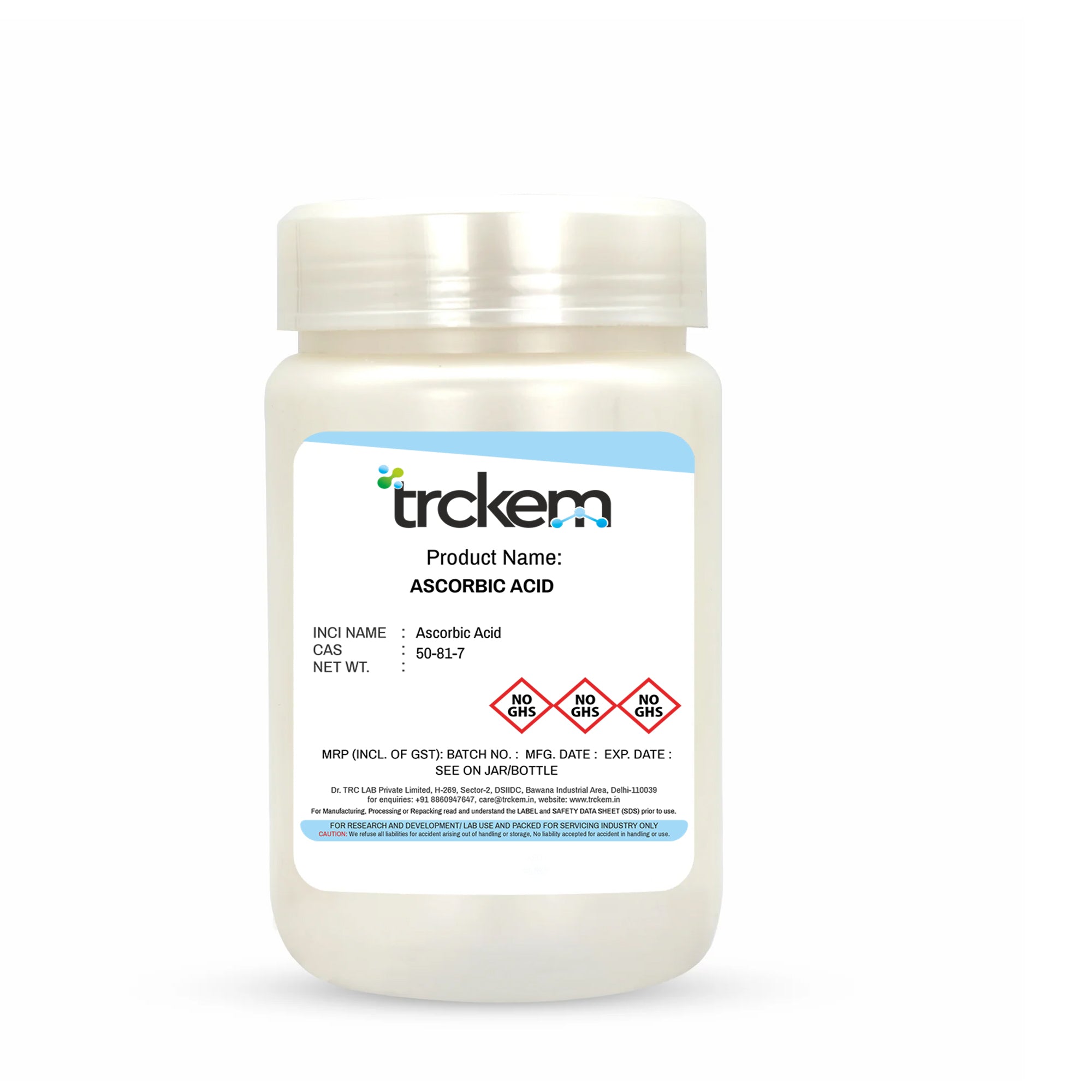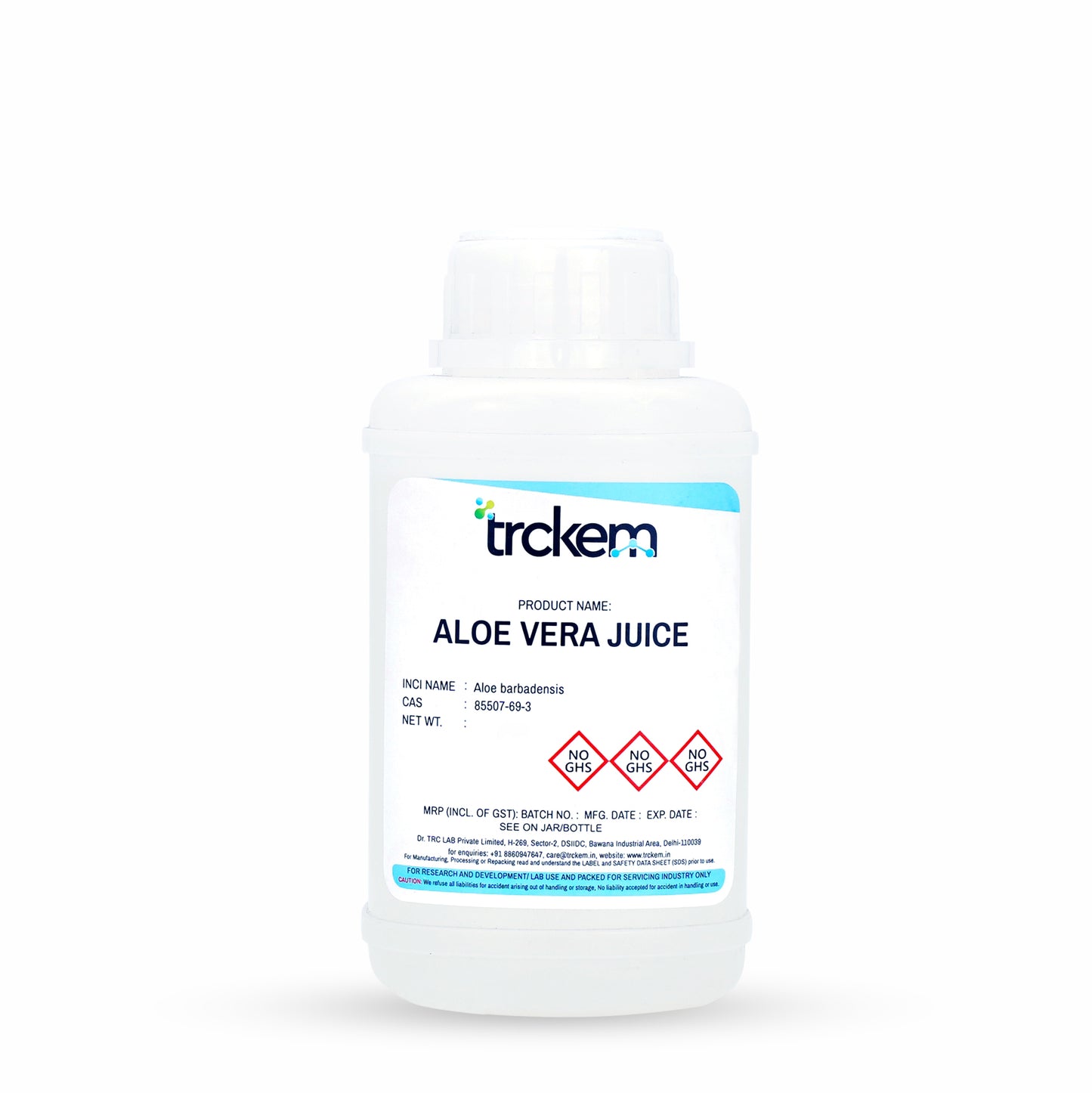
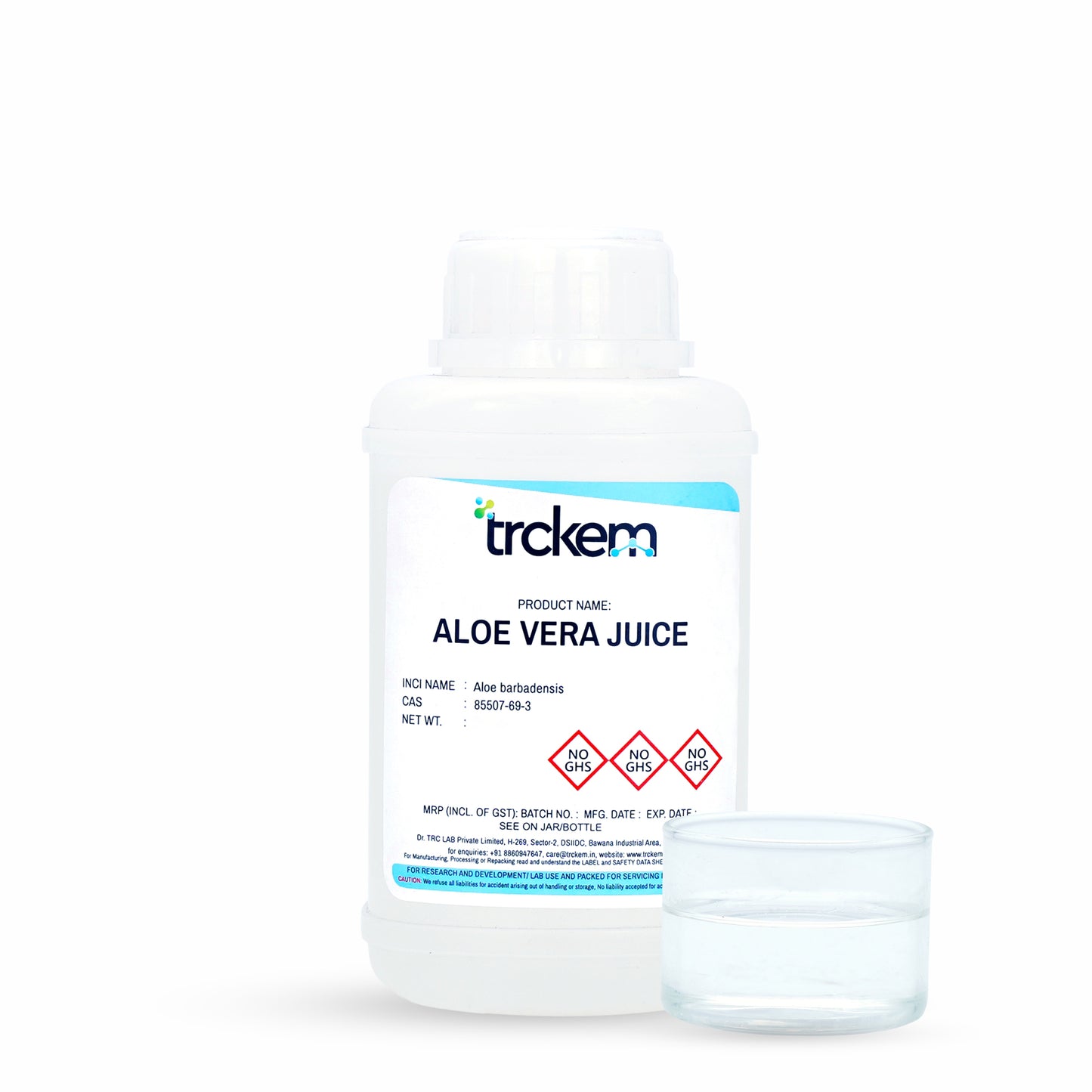
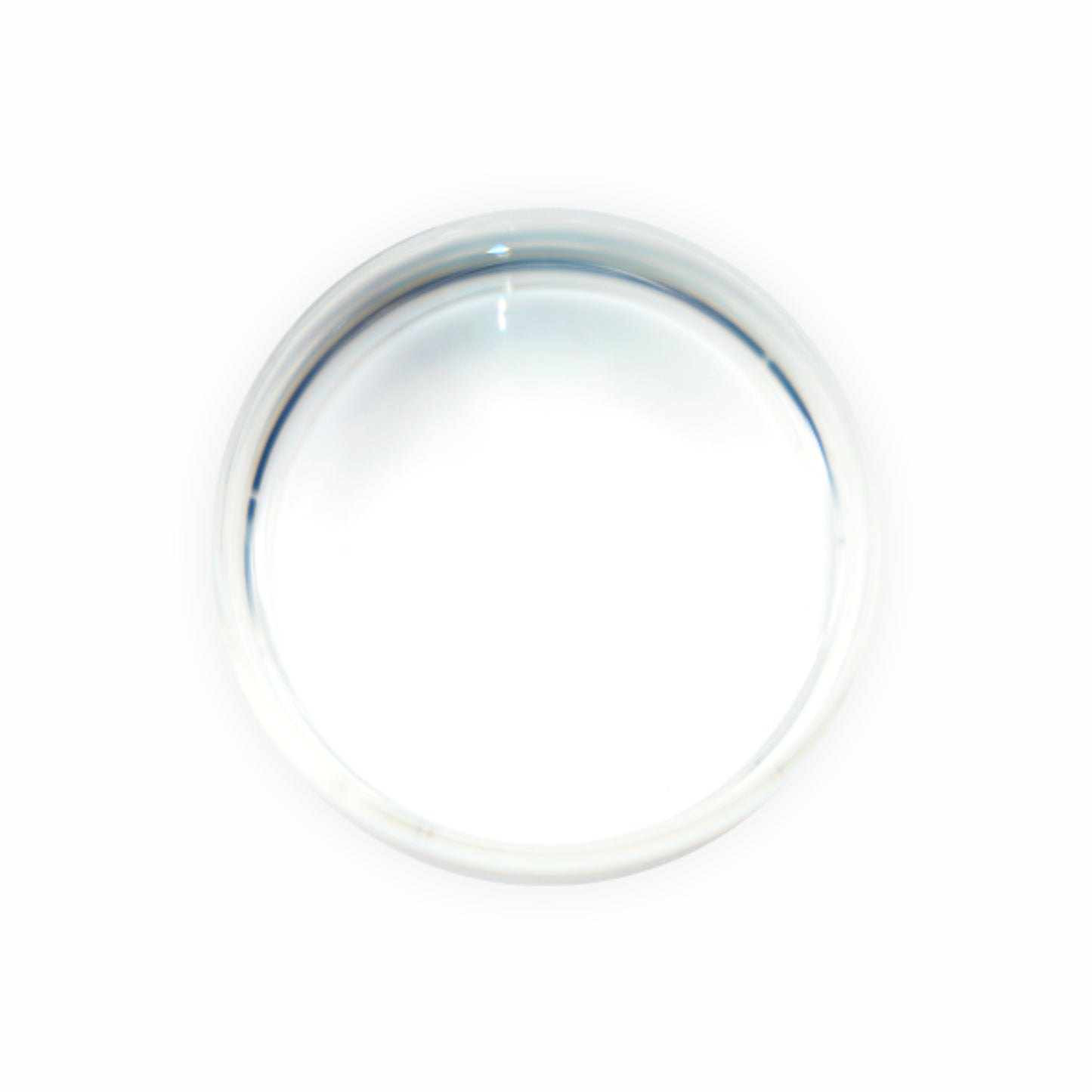
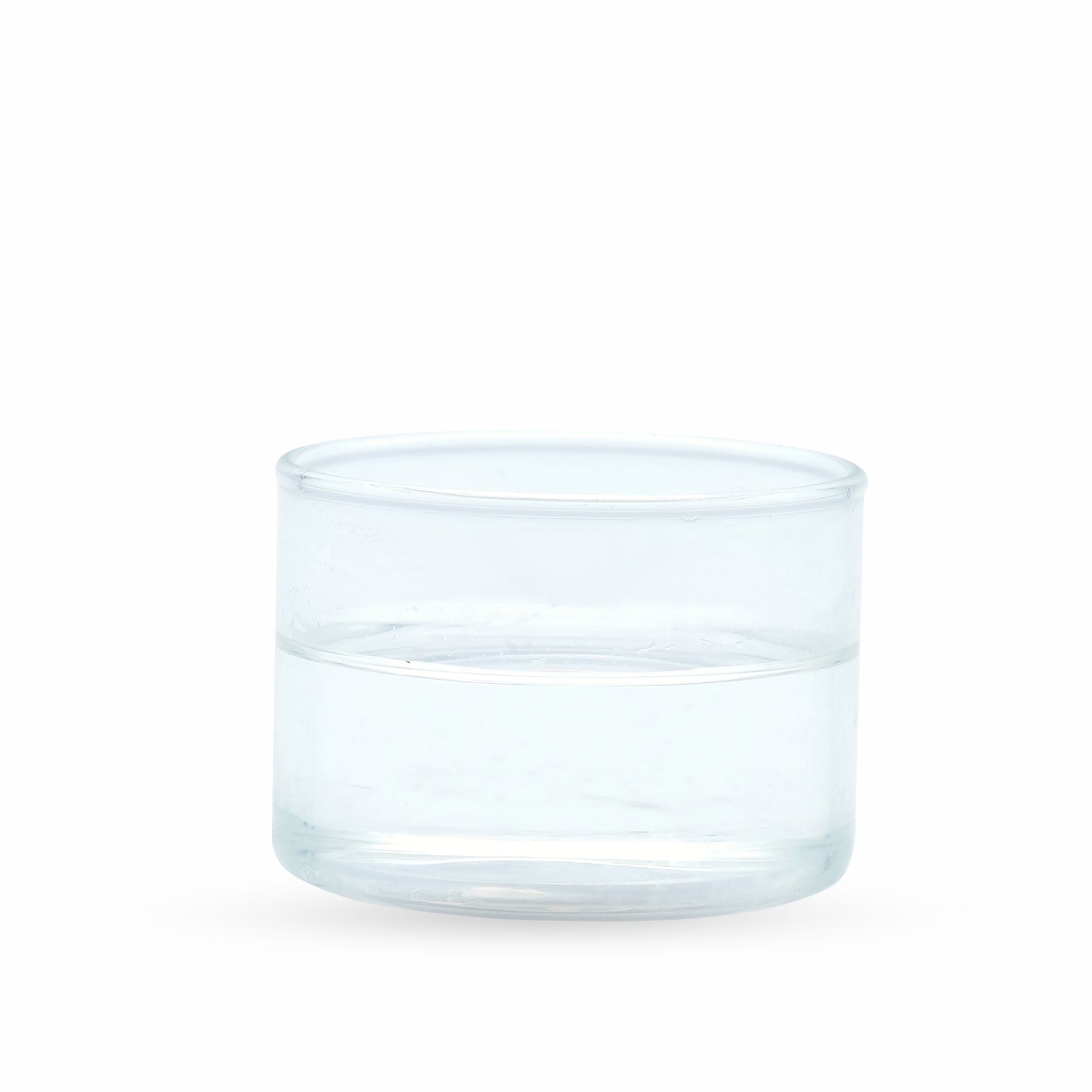
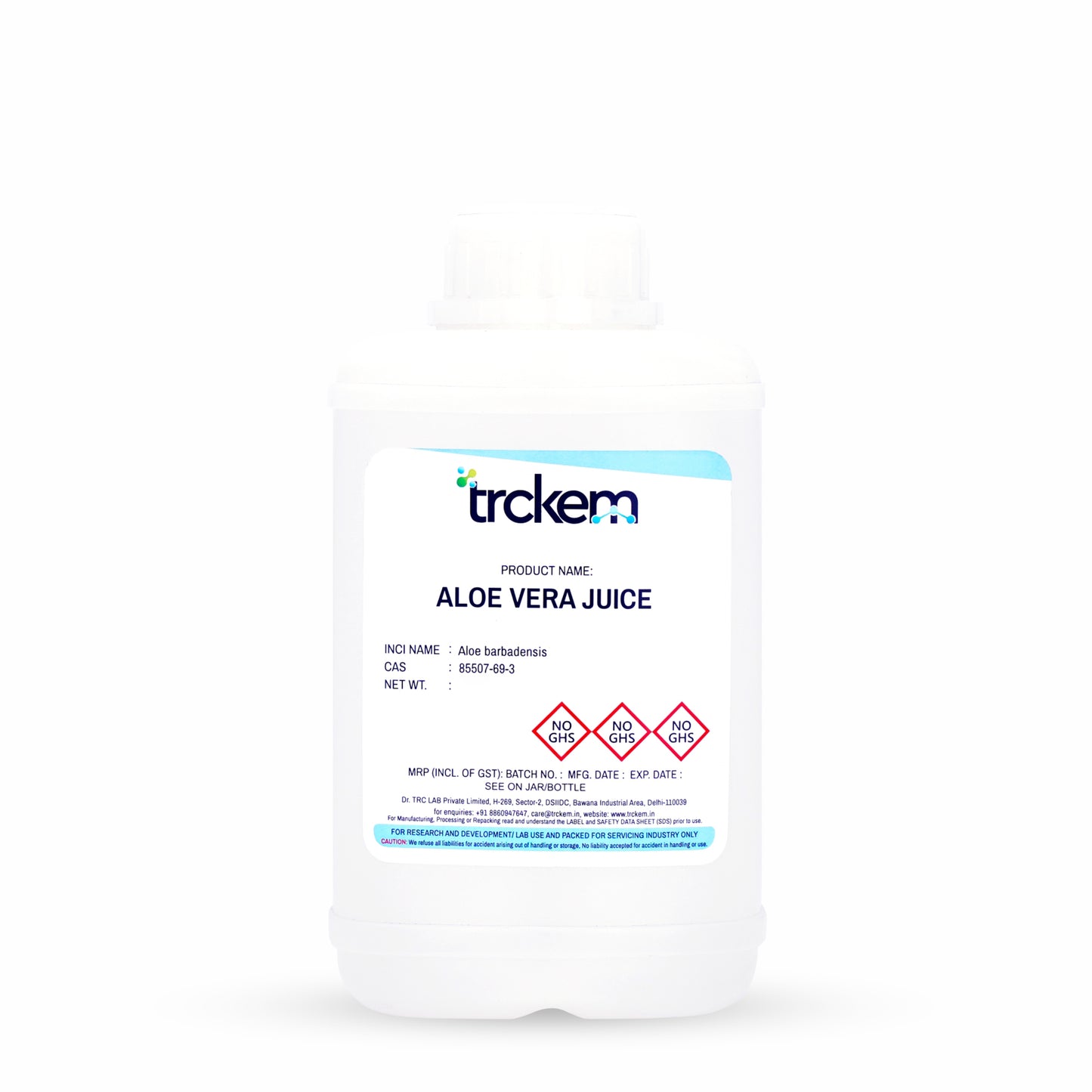
THE STORY OF ALOEVERA JUICE

Aloe Vera Juice: Pure Hydration in Liquid Form
Aloe Vera Juice is a natural, water-based extract obtained from the inner leaf gel of Aloe barbadensis. Known for its soothing, cooling, and hydrating properties, it is widely used in skincare, haircare, and personal care formulations where gentle moisture and skin relief are desired.

Fresh Leaf → Filtered Gel → Pure Juice
Aloe Vera Juice is produced by removing the outer rind, extracting the inner gel, and cold-pressing it into liquid form. It is then filtered, stabilized, and preserved to retain active polysaccharides, vitamins, and amino acids. TRCkem supplies cosmetic-grade Aloe Juice with excellent clarity, low odor, and high bioactivity.

Calm. Cool. Condition.
Aloe Vera Juice delivers fast-acting hydration and soothing relief for irritated, dry, sun-exposed, or sensitive skin. Key benefits:
✅ Instant moisturization without oiliness
✅ Reduces redness, itchiness, and inflammation
✅ Supports wound healing and skin barrier repair
✅ Improves glide and skin feel in water-based systems
Ideal for toners, gels, after-sun care, baby products, hair mists, and sheet masks.

Easy to Use. Safe for All Skin Types.
Typical usage level: 2–50% depending on product type (can be used up to 100% in toners and mists).
Fully water-soluble, compatible with most emulsifiers, preservatives, and surfactants.
Store at cool temperature, away from direct sunlight.
Non-irritating, vegan, biodegradable, and approved for leave-on and rinse-off applications.
Meets global cosmetic compliance standards (EU, FDA, REACH, ISO cosmetic grade).
Formulator’s Queries, We Answered
1. What are the key chemical components of Aloe vera juice used in personal care products?
Aloe vera juice contains over 75 active constituents, including:
Polysaccharides: Notably acemannan, which provides hydrating and emollient effects.
Vitamins: Such as vitamins A, C, and E, which offer antioxidant properties.
Minerals: Including magnesium, zinc, and selenium, contributing to skin health.
Amino Acids: Essential for skin repair and regeneration.
Fatty Acids: Such as lupeol, which possesses anti-inflammatory and antiseptic properties.
These components collectively contribute to Aloe vera's moisturizing, soothing, and protective qualities.
2. How does Aloe vera juice benefit the skin in personal care applications?
Aloe vera juice offers several skin benefits:
Hydration: Its high water content (>99%) helps moisturize and rejuvenate the skin.
Anti-Inflammatory: Compounds like lupeol reduce inflammation and soothe irritated skin.
Antimicrobial: Anthraquinones such as aloin and emodin exhibit antibacterial and antiviral activities.
Antioxidant: Vitamins A, C, and E protect the skin from oxidative stress and environmental damage.
These properties make Aloe vera juice a valuable ingredient in products aimed at moisturizing, soothing, and protecting the skin.
3. In which personal care products is Aloe vera juice commonly used?
Aloe vera juice is incorporated into a variety of personal care products, including:
Skin Care: Creams, lotions, and serums for hydration and soothing effects.
Hair Care: Shampoos and conditioners to moisturize and strengthen hair.
Sun Care: After-sun gels and lotions to alleviate sunburn and promote healing.
Oral Care: Toothpastes and mouthwashes for their antimicrobial properties.
Its versatility and beneficial properties make Aloe vera juice a popular choice in various personal care formulations.
4. Are there any considerations when formulating personal care products with Aloe vera juice?
Yes, formulators should consider the following:
Quality and Purity: Ensure the Aloe vera juice is free from contaminants and processed to retain active components.
Concentration: Use appropriate concentrations to achieve desired efficacy without causing irritation.
Preservation: Due to its high water content, proper preservatives are necessary to prevent microbial growth.
Stability: Formulations should be tested to ensure stability over the product's shelf life.
Adhering to these considerations helps in creating safe and effective personal care products containing Aloe vera juice.
5. Is Aloe vera juice suitable for all skin types?
Generally, Aloe vera juice is well-tolerated by most skin types due to its gentle and soothing nature. However, individuals with sensitive skin should perform a patch test to rule out any potential allergic reactions. Consulting with a dermatologist is advisable for those with specific skin concerns.








